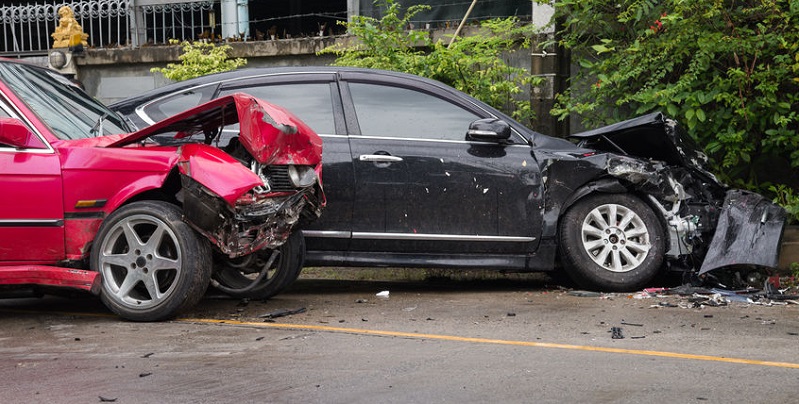Safety officials say autonomous cars eventually will reduce the number of auto accident fatalities by 90 percent. But a majority of Americans are still leery, if not downright afraid, of self-driving technology.
Though touted as auto accident-reducers, automated cars still make consumers leery.
According to the American Psychological Association, more than 10 million adults in the U.S. are said to suffer from a phobia. Whether that exaggerated fear is of spiders, snakes, heights, or certain social settings, those with a particular phobia will do everything possible to not be in that situation.
With that in mind, a recent survey on attitudes toward self-driving cars, or autonomous vehicles (AV), suggests conflicts ahead. Innovation and investment in autonomous technology are charging ahead, while the motorists who are expected to use this technology are pushing back, and in a big way.
Self-Driving Cars Inspire Genuine Fear
Enthusiasm among those who eventually will use autonomous technology is declining, and pretty dramatically. The American Automobile Association (AAA) recently conducted its annual survey on vehicle automation, which was based on phone interviews with 1,008 adults over the age of 18. An overwhelming number of respondents said they would be afraid to ride in a fully automated vehicle. Of those surveyed, 71 percent indicated they would not feel safe or were outright afraid to ride in an AV, up from 63 percent before a series of the high-profile AV incidents. In addition, most of those surveyed say they would feel less safe walking or biking on the road that is shared by a self-driving car.
As NBC News reported, this skepticism about AVs seems to be connected to high-profile pedestrian accidents involving automated vehicles. One such crash occurred a year ago in Tempe, Arizona, where a female pedestrian was killed after an Uber AV being tested struck her as she was crossing the street late one night. This fatality occurred while the AV was in full-automated mode, even though there was a human in the driver’s seat.
Accidents like this and others are doing nothing to build confidence in this technology. As Greg Brannon, AAA’s director of automotive engineering and industry relations said:
“Despite their potential to make our roads safer, in the long run, consumers have high expectations for safety. Our results show that any incident involving an autonomous vehicle is likely to shake consumer trust, which is a critical component to the widespread acceptance of autonomous vehicles.”
AV Technology Moves Forward
Those heavily involved in autonomous technology believe that one day, the technology will be fully integrated into our everyday lives, bringing widespread benefits, including the ultimate goal of safety. Those researching the topic say autonomous vehicles will eventually reduce the number of traffic fatalities by 90 percent, which, based on 2013 statistical research, translates into nearly 30,000 lives saved each year, along with healthcare costs. However, those invested in this technology admit that a major hurdle facing the industry is trust, and that is something major automakers are currently working on.
Despite consumer fears, many states continue testing self-driving vehicles, including Colorado, which has heavily invested in ways of transforming the state’s roadways through its RoadX program. According to the Council on State Governments (CSG), a number of states are aggressively working on autonomous vehicle technology by allowing real-life testing of such vehicles on public roads. In addition to testing, most states have passed or are in the process of passing laws to move AV technology forward.
Whether you like it or not, fully automated cars will eventually become the norm. How soon will that be? It depends on whom you talk to, but some of the major auto dealers are saying they expect to have AVs on the road for consumers next year.

